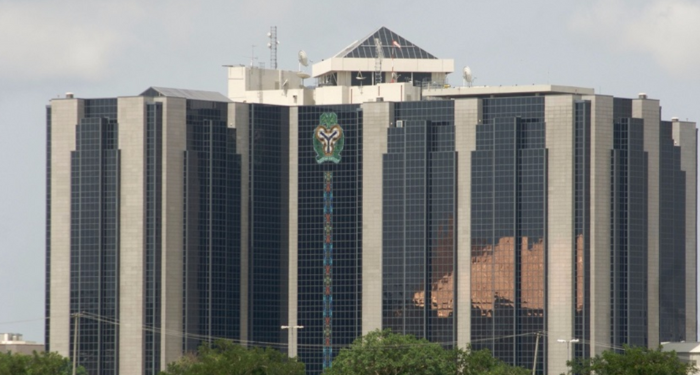The Central Bank of Nigeria (CBN) has raised concerns that the continued rise in input costs across major sectors may trigger a new round of consumer price inflation, as businesses struggle to absorb cost pressures.
This is according to the June 2025 Purchasing Managers’ Index (PMI) report released by the apex bank.
According to the report, input price indices for the composite economy, as well as for the Industry, Services, and Agriculture sectors, were higher than their corresponding output price indices during the month under review. The implication, the CBN noted, is that businesses are under increasing cost pressure.
The Bank stated that while firms have so far absorbed these costs, such a trend is unlikely to be sustained in the long term.
“The increase in the gap between higher input costs and output price tends to put pressure on business profit margins. Cost absorption by firms is likely to be unsustainable in the long term and may foreshadow future consumer price inflation,” the report noted.
The agriculture sector faces the highest cost absorption
- The Agriculture sector recorded the highest input-output price gap in June 2025, at 9.8 index points, indicating that firms in the sector absorbed more costs relative to their output prices than any other sector. The Services sector recorded the lowest gap at 4.4 points, suggesting relatively less pressure.
- The CBN report also showed that all three major sectors—Industry, Services, and Agriculture—recorded expansion in economic activity during the review period.
- The composite PMI stood at 52.3 index points in June 2025, indicating growth for the sixth consecutive month.
- Of the 36 subsectors surveyed nationwide, 25 reported expansion in business activity, highlighting the broad-based nature of the economic momentum.
Sectoral expansion driven by production and farming activity
The Industry sector posted a PMI reading of 51.4 index points, also marking its sixth straight month of growth. This expansion was attributed largely to increased production levels. Out of the 17 industrial subsectors reviewed, nine recorded growth in activities.
Similarly, the Services sector recorded a PMI of 51.3 index points in June, with 11 out of the 14 subsectors showing expansion. The CBN attributed this to increased business activity during the month.
The Agriculture sector led the expansion, with a PMI of 55.2 index points—the highest among the three sectors. June marked the eleventh consecutive month of growth in the sector. All five subsectors surveyed under agriculture recorded expansion, driven mainly by increased farming activities.
The CBN’s June PMI report suggests that while economic activity continues to grow, the widening gap between input and output prices, especially in key sectors like agriculture, could lead to price adjustments by firms if cost absorption becomes unsustainable. This development may, in turn, heighten inflationary pressure in the coming months.



















